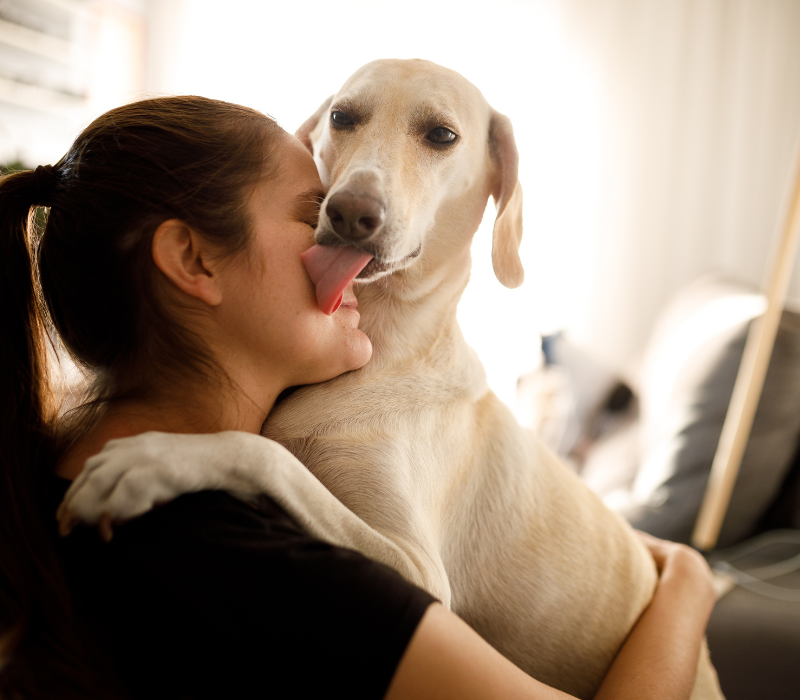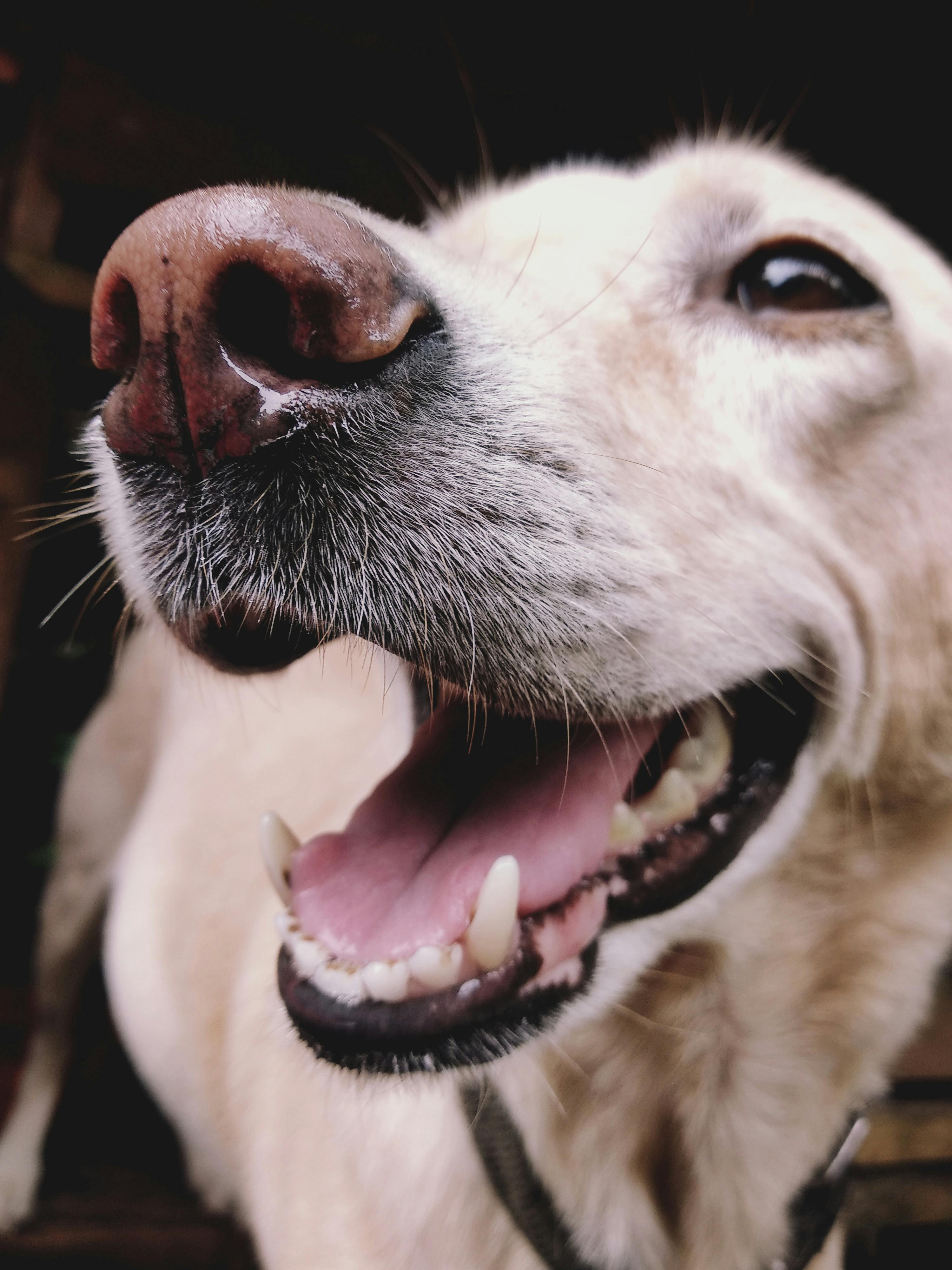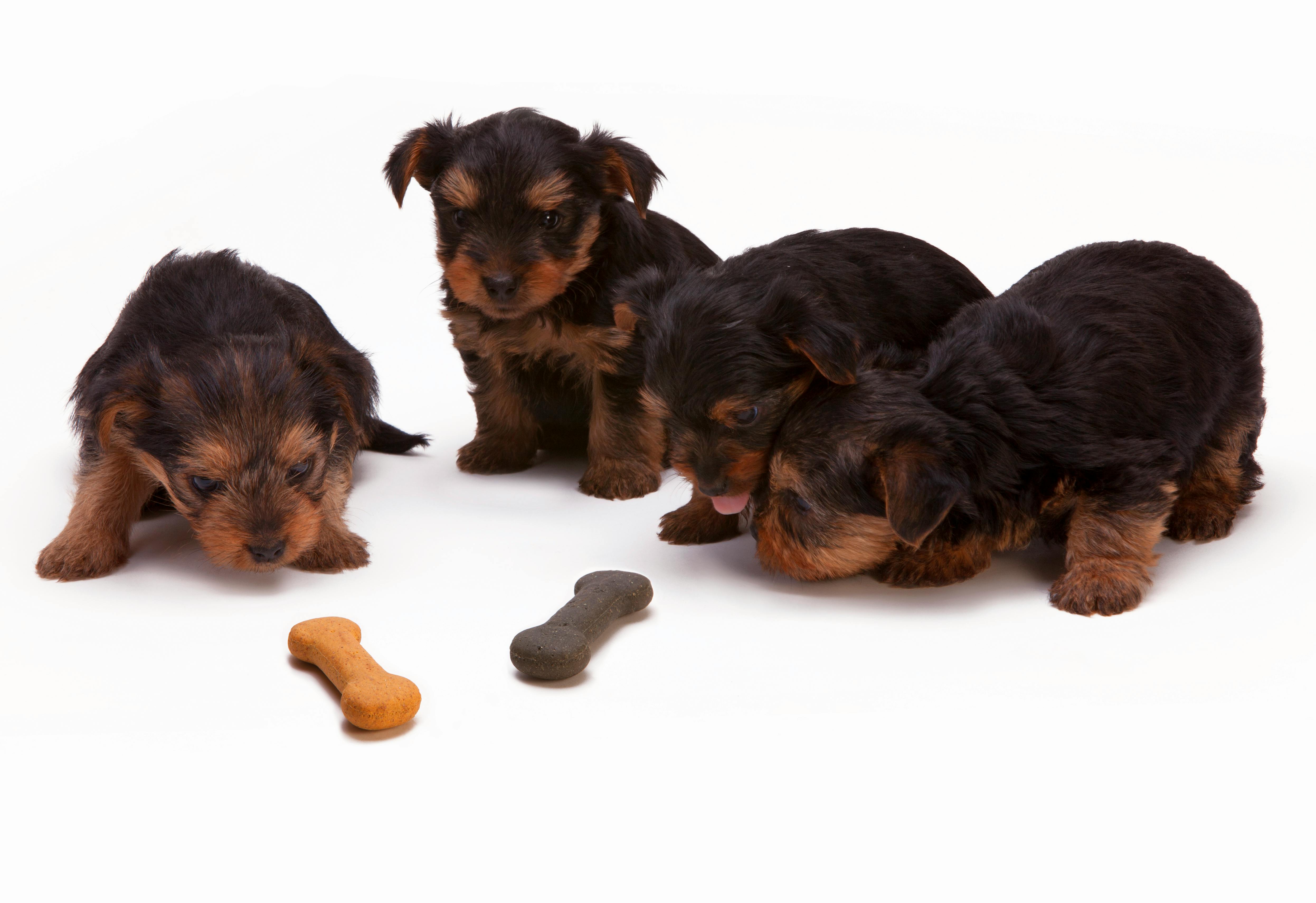What can't dogs eat?
A guide to keeping your dog healthy and safe
Having a dog is a wonderful experience, but it also comes with a lot of responsibility. One of the most important things you as a dog owner need to be aware of is what your dog is allowed to eat. Some foods that are completely harmless or even healthy for humans can be toxic or dangerous for dogs. Here is an overview of 10 foods that your dog is not allowed to eat.
1. Chocolate
Chocolate is perhaps one of the most well-known foods that dogs should not eat. It contains theobromine, a substance that dogs have difficulty breaking down. Dark chocolate and baking chocolate contain the highest levels of theobromine and are therefore the most dangerous. Even a small amount can lead to serious symptoms such as vomiting, diarrhea, heart problems and, in severe cases, death.
2. Onions and garlic
Onions, garlic, and other members of the onion family can damage a dog's red blood cells, which can lead to anemia. Symptoms can include weakness, vomiting, and loss of appetite. It's important to note that onions and garlic in all forms—raw, cooked, or powdered—are dangerous to dogs.
3. Grapes and raisins
Grapes and raisins are incredibly toxic to dogs and can cause acute kidney failure. It is not yet clear why these fruits are so dangerous to dogs, but even small amounts can be fatal. Symptoms include vomiting, diarrhea, lethargy, and decreased urine output.
4. Avocados
Avocados contain a substance called persin, which is harmless to humans but can be toxic to dogs. Persin is found throughout the plant, including the fruit, seed, bark, and leaves. Symptoms of avocado poisoning include vomiting, diarrhea, and, in severe cases, fluid retention around the heart.
5. Alcohol and caffeine
Alcohol and caffeine are two substances that can have serious consequences for dogs. Alcohol can cause vomiting, diarrhea, decreased coordination, difficulty breathing, and even death. Caffeine, found in coffee, tea, and some energy drinks, can lead to restlessness, rapid breathing, heart palpitations, and muscle cramps.
6. Xylitol
Xylitol is an artificial sweetener often found in sugar-free gum, candy, baked goods, and some dental products. In dogs, xylitol can cause a rapid release of insulin, leading to hypoglycemia (low blood sugar). Symptoms include vomiting, weakness, tremors, and in severe cases, liver failure.
7. Raw dough
Raw dough, especially yeast dough, can expand in a dog's stomach and release alcohol, which can be harmful. This can cause severe stomach pain, vomiting and, in the worst case, a ruptured stomach. It is therefore best to keep your dog away from raw dough until it has been baked.
8. High-fat foods
High-fat foods, such as bacon, butter, and fried foods, can lead to pancreatitis in dogs, a painful and potentially life-threatening inflammation of the pancreas. Symptoms of pancreatitis include vomiting, diarrhea, abdominal pain, and decreased appetite.
9. Dairy products
While some dogs can tolerate small amounts of milk and cheese, many dogs can be lactose intolerant, meaning they have difficulty digesting the lactose in dairy products. This can lead to symptoms like diarrhea, bloating, and stomach pain.
10. Raw or undercooked meat and bones
Raw or undercooked meat can contain harmful bacteria like Salmonella and E. coli, which can make your dog sick. Raw bones can also splinter and cause damage to your dog's mouth, throat, or intestinal tract. If you want to give your dog meat or bones, make sure they are properly cooked and free of small bones.
What should you do if your dog eats something it shouldn't?
If you suspect your dog has eaten something poisonous, it's important to act quickly. Contact your vet or an animal poison control center immediately for advice. It's also a good idea to have a list of emergency numbers on hand so you can get help quickly in an emergency.
Read more

Why is my dog licking? Dogs are known for their habit of licking everything from objects to people. For many dog owners, this behavior can be a bit mysterious and sometimes uncomfortable. Bu...

Keeping your dog’s mouth healthy is an important part of their overall health. Unfortunately, it’s something that many dog owners overlook. Poor oral hygiene can lead to serious health problems ...
